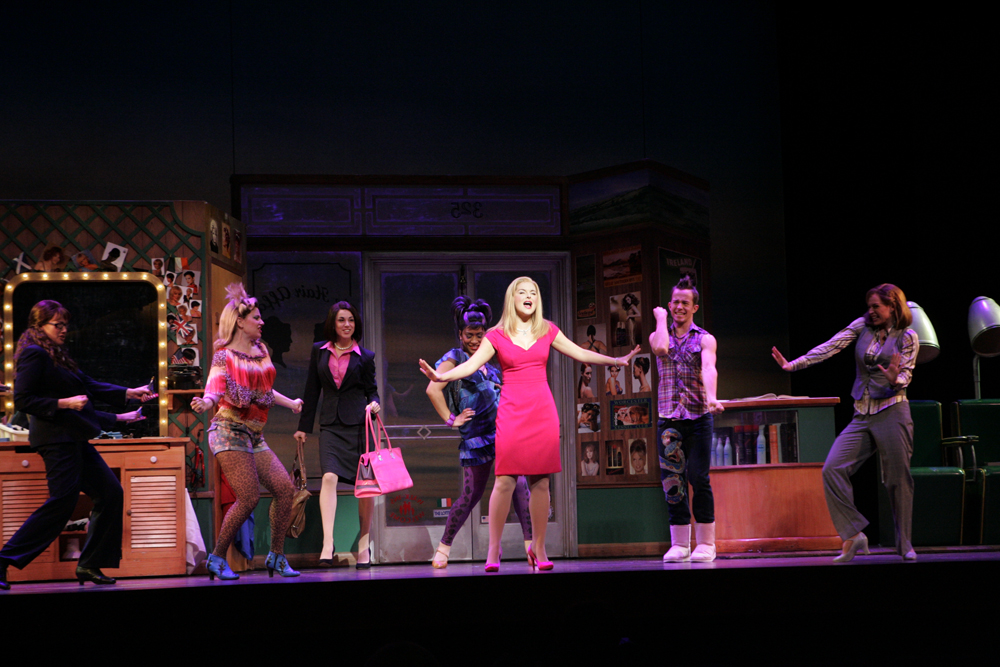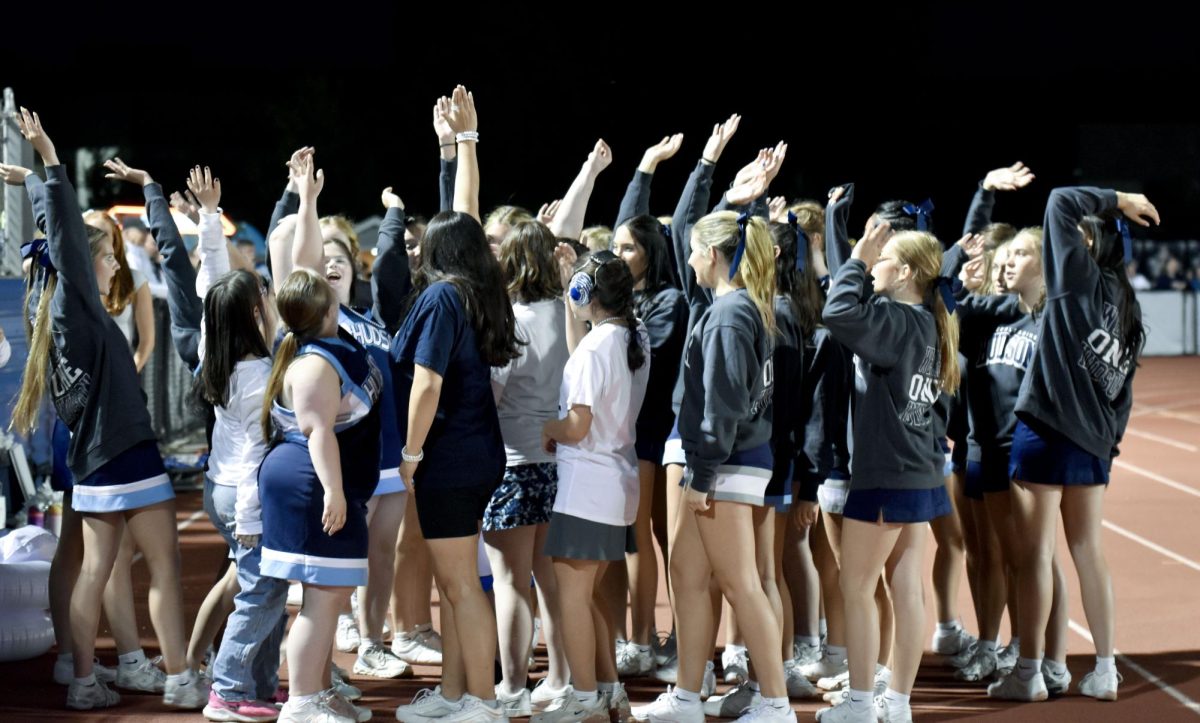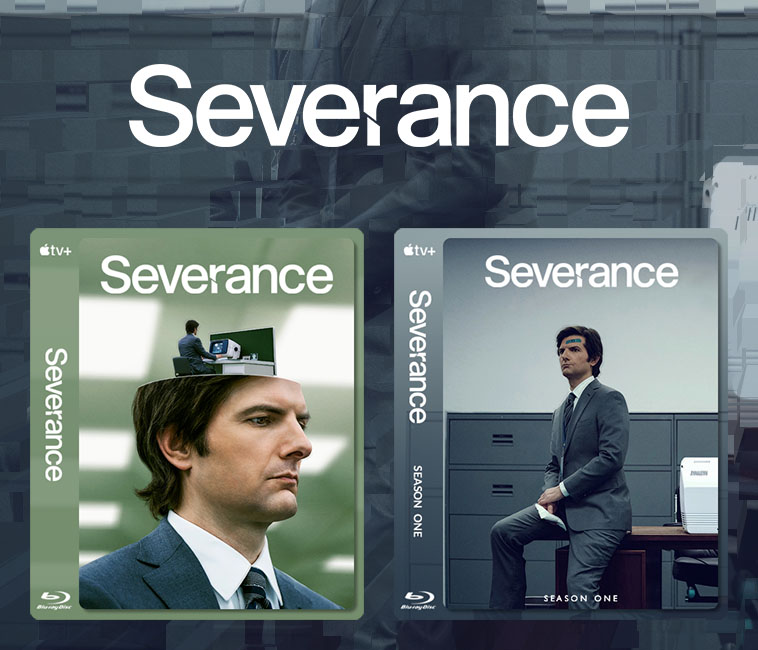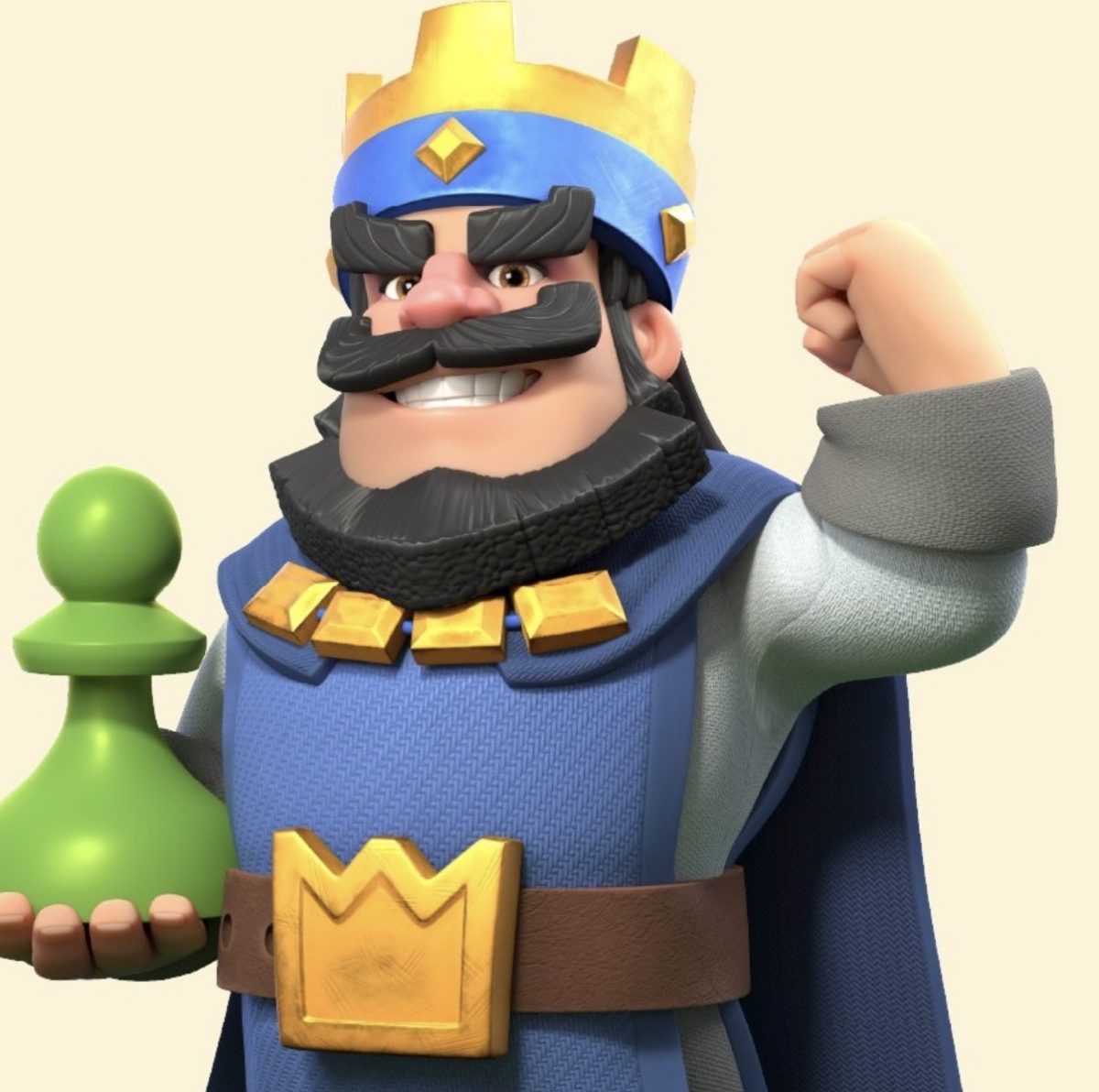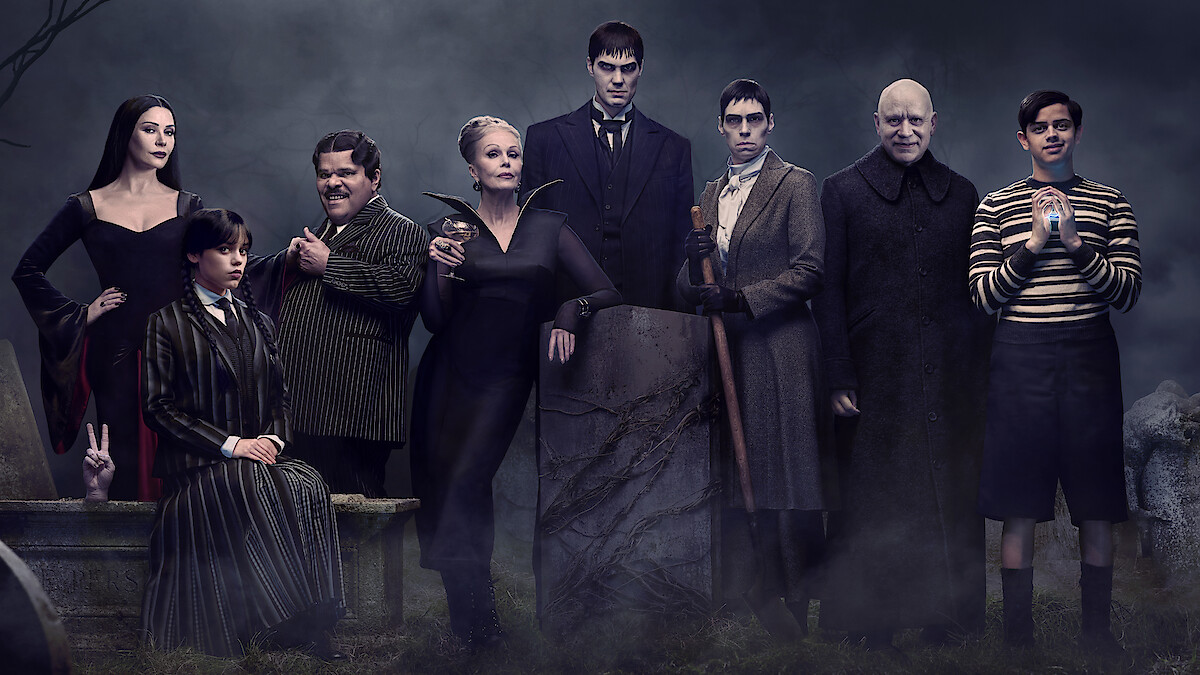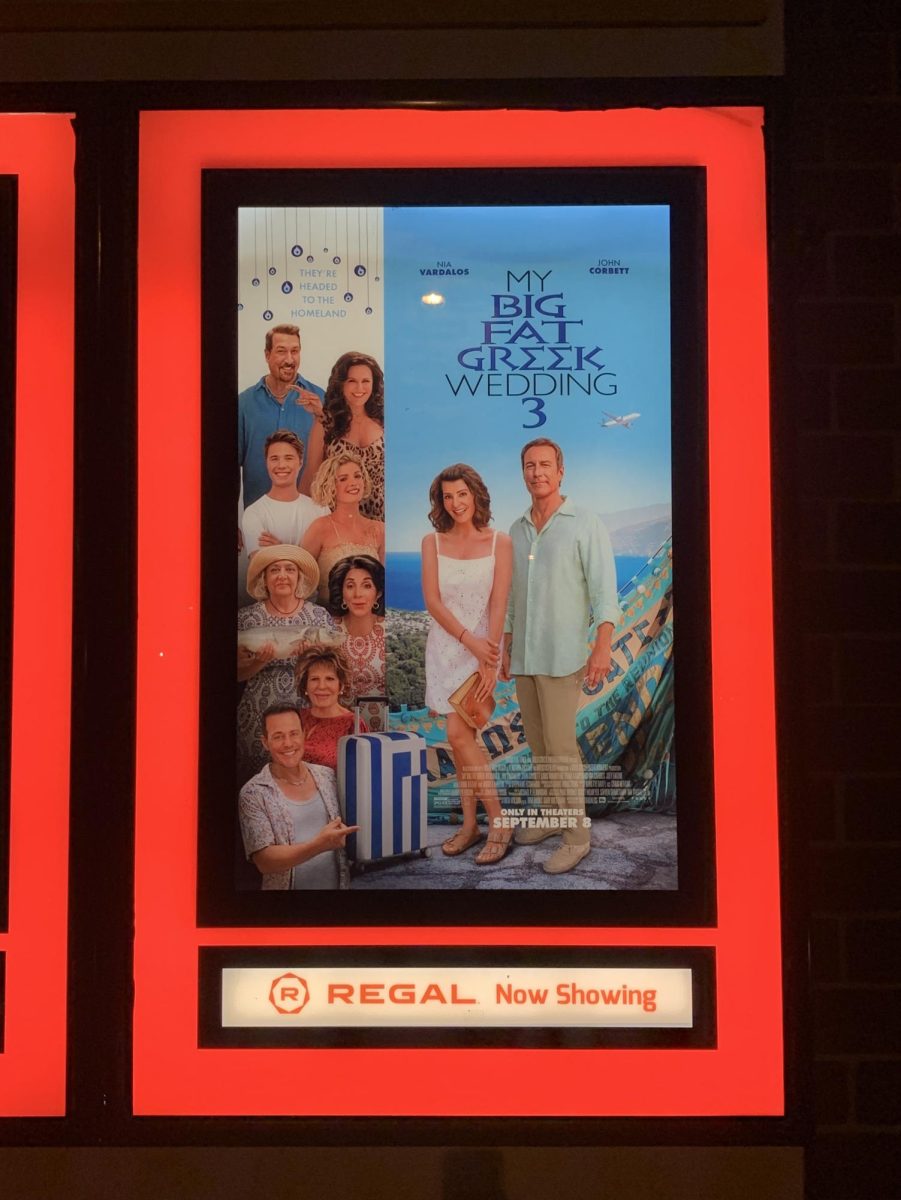Toula Portokalos and her eccentric Greek family are back for the third time in My Big Fat Greek Wedding 3.
The newest addition to the My Big Fat Greek Wedding series follows Toula’s family on a trip to Greece for a family reunion. She also plans to give her recently deceased father’s journal to his childhood friends while she’s visiting his old hometown. Unfortunately, there are numerous complications, including their group being the only ones to show up to the reunion, Toula not being able to find her father’s friends and a major family secret being revealed. Throughout the movie, Toula and her family try to make the most of their visit to Greece despite all their difficulties.
For those unfamiliar with the My Big Fat Greek Wedding franchise, the original movie tells the story of 30-year-old Toula feeling confined by her Greek family’s oddities. Her family expects her to marry a Greek man, but Toula falls in love with an American named Ian Miller instead. Her family is very disappointed and doesn’t initially support their relationship. They eventually marry, and Ian gets introduced to the wild world of being a Greek and is eventually loved and accepted by the rest of Toula’s family.
In the second film, Toula and Ian have a teenage daughter named Paris, who feels oppressed by her boisterous Greek family, as Toula once felt. My Big Fat Greek Wedding 2 has a similar style to the original, with numerous Greek stereotypes and inside jokes.
In My Big Fat Greek Wedding 3, there is something noticeably different about the energy of this film when compared to the first two. This may be because it’s not in the familiar locations of the past films, such as the main family house in the Chicago suburbs or the family’s restaurant, Dancing Zorba’s. Although the scenery that comes with a movie set in Europe is stunning, it’s very different than what My Big Fat Greek Wedding viewers are used to seeing.
Another thing to note is that as soon as the movie begins, it jumps into the main storyline quite quickly. In the first 15 minutes, two new characters (named Aristotle and Victory) are introduced, but there’s not enough context to understand them or for viewers to accept them into the family. Eventually, we learn more about the characters, but it seems unnatural how quickly they connect with the original characters since they’ve never met before.
Although the movie was produced and written by the same individuals as in the first movie, the jokes and overall vibe of this movie seemed off. It was as if they were trying to recreate the humor, but every attempt at a joke seemed forced. Many times the visiting Portokalos family would have some sort of culture shock, like having a goat wake them up or not being able to refuse the numerous gifts from other townspeople politely. When these events are seen once, they can be somewhat funny. But when similar instances like these keep happening, it’s not as easy to laugh.

It also seemed that this movie was targeted more for adults than teens. It’s not like it’s too mature for a teen audience, but the content is more appealing to an older audience. Some of the components of the movie are Toula feeling overwhelmed as the new head of the household, supporting her mom who now suffers from Dementia and coping with the loss of her father. These topics are portrayed with a more mature perspective that isn’t as relevant to teens since most high schoolers have not grappled with issues like these before.
Even if many aspects of the movie should have been changed, one of its primary messages of acceptance fits perfectly into the movie and doesn’t feel forced.
Victory, one of the new characters, is non-binary and introduces themself as someone who “wears boy clothes and girl clothes” to one of the older characters. During a scene where the boys and girls are divided into separate groups, Victory can be seen switching between the groups as the event goes on. They’re naturally accepted by all, which is refreshing for viewers to see.
Another form of acceptance is how the Portokalos’s host family deals with an unexpected marriage. All Greeks in the franchise seem to believe the same rule when it comes to marriage: Greeks only marry Greeks. But to the host family’s head of household’s surprise, her Greek grandson becomes involved with a Syrian immigrant and plans to marry her. Initially, the Greek mother does not support this marriage (similar to the events of My Big Fat Greek Wedding) and doesn’t accept their relationship. Eventually, she comes around, and a good time is had by her and all the townspeople during the wedding.
Although My Big Fat Greek Wedding 3 has positive messages, that’s not the only thing that makes a movie “good.” Adding a third movie to the series was unnecessary, as the first one was already excellent enough with its original story.
If you hold My Big Fat Greek Wedding close to your heart, you may be disappointed by this addition to the franchise. But, if you haven’t watched either of the previous movies or have the urge to watch a movie that’s recently come out, it’s a decent film when standing on its own.

